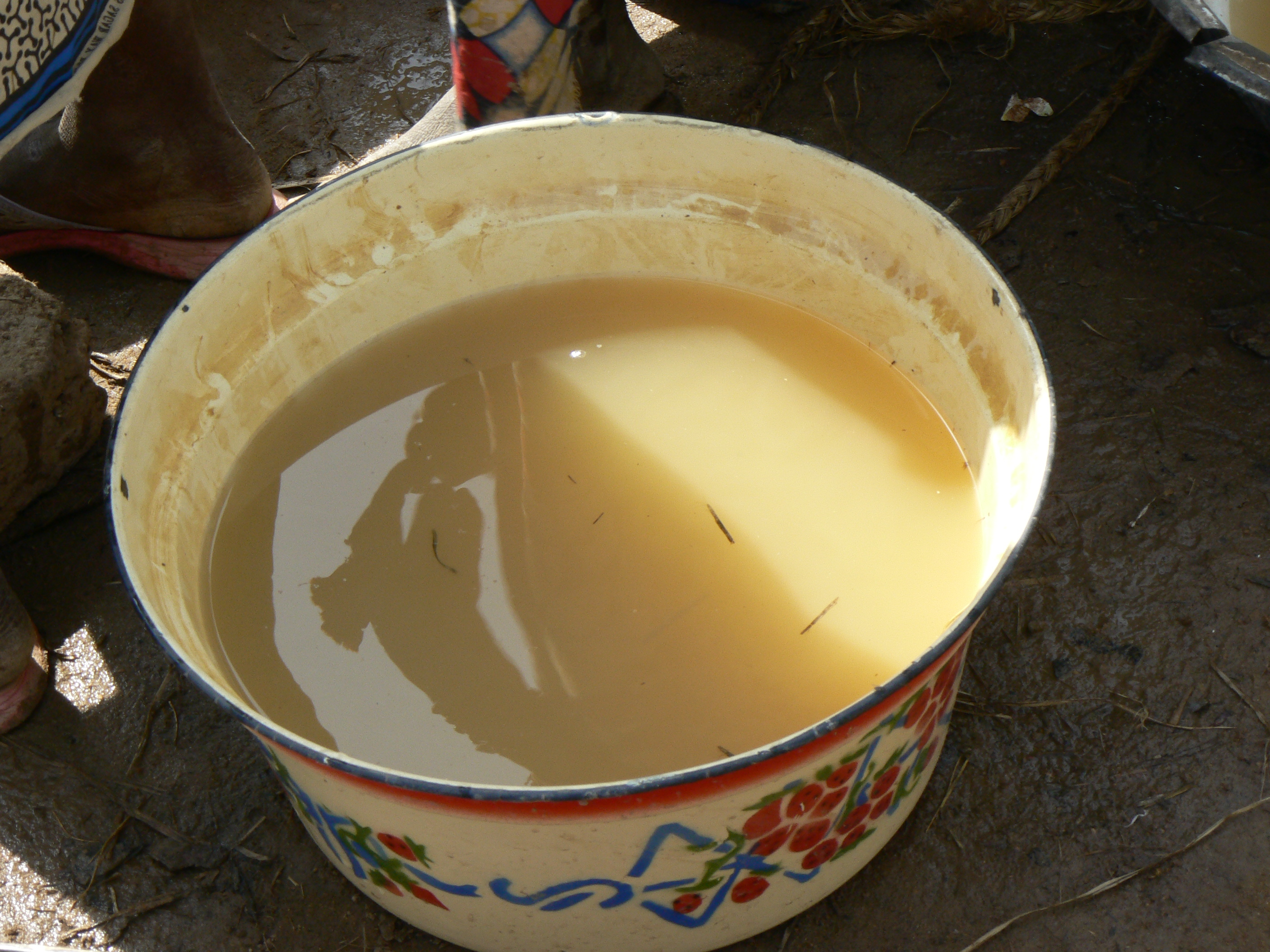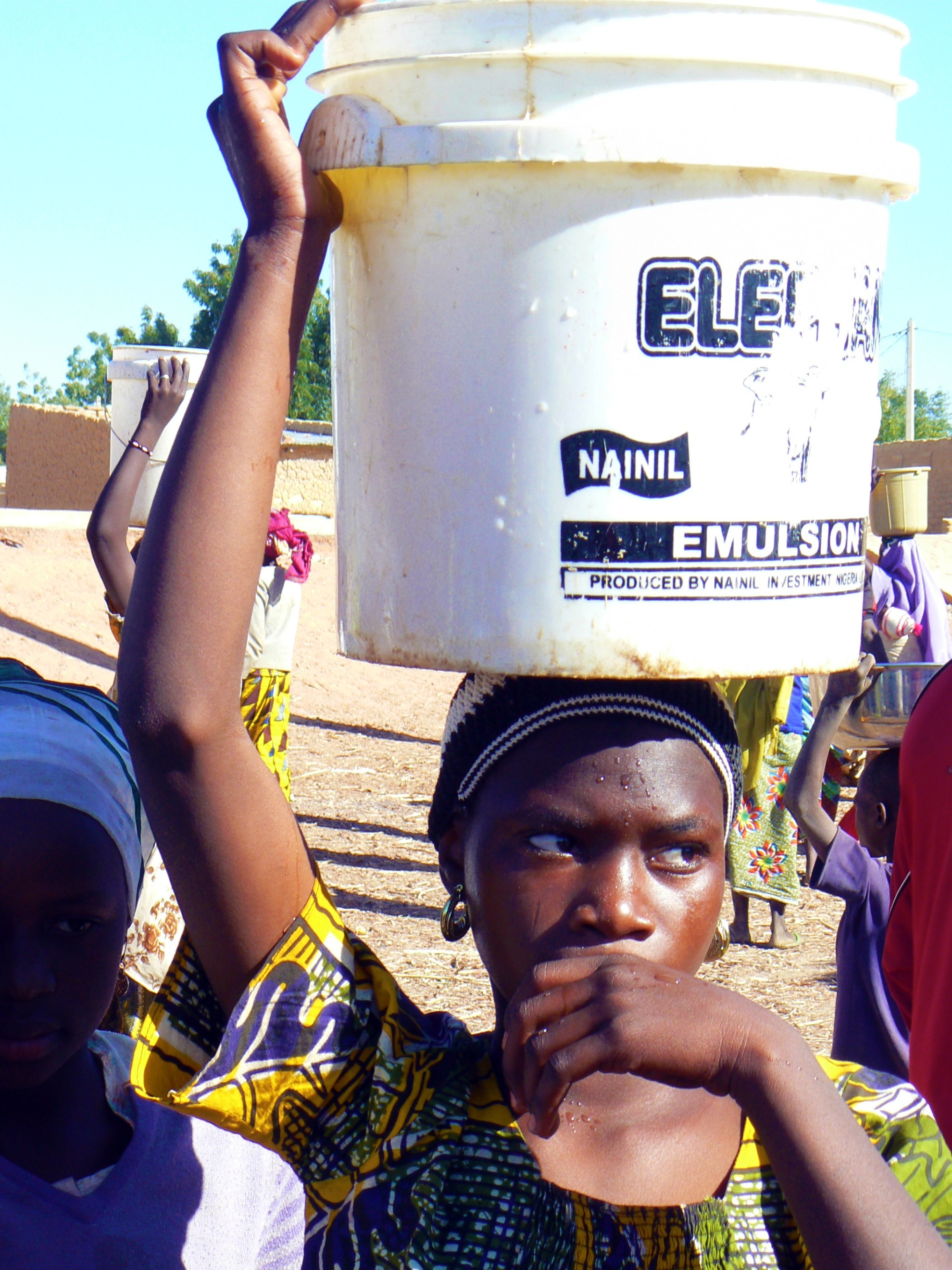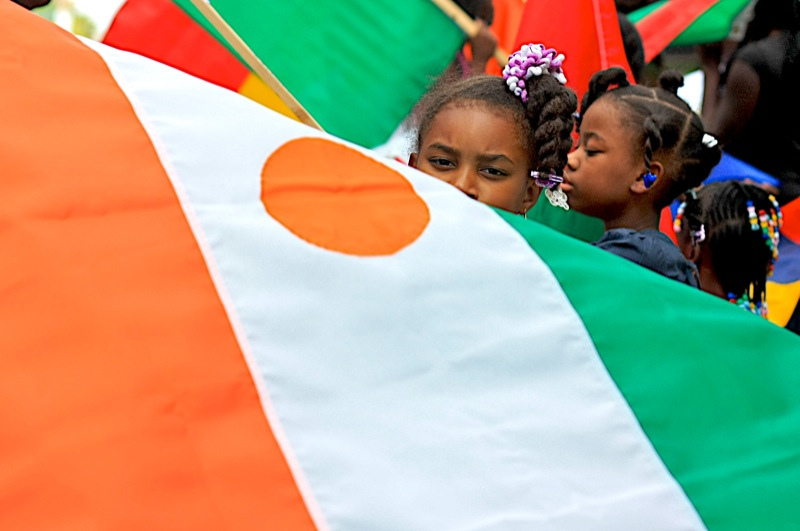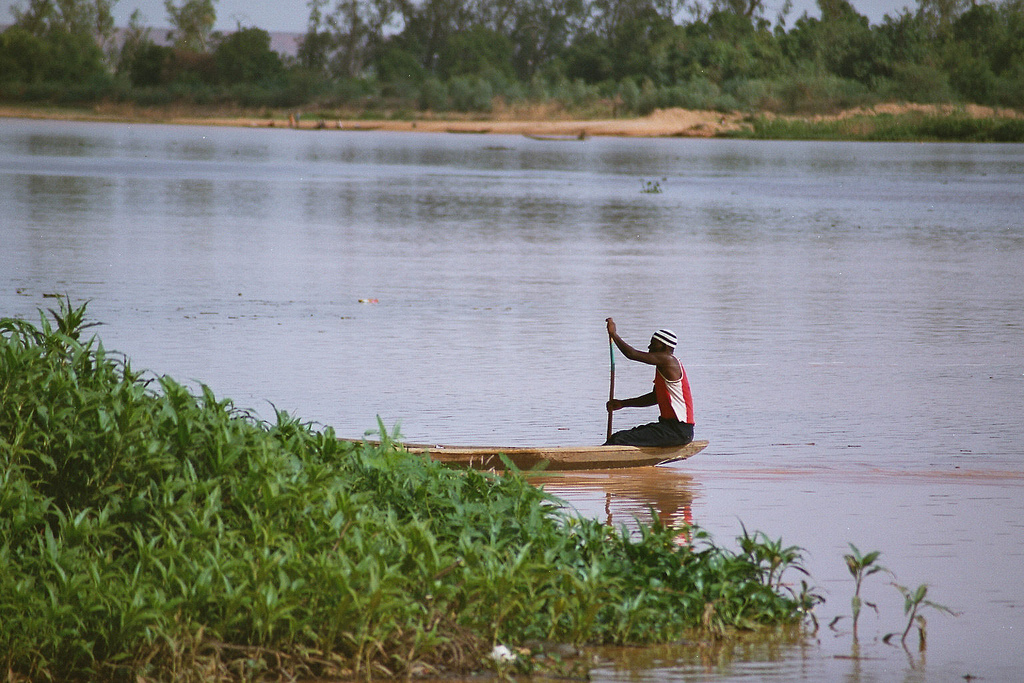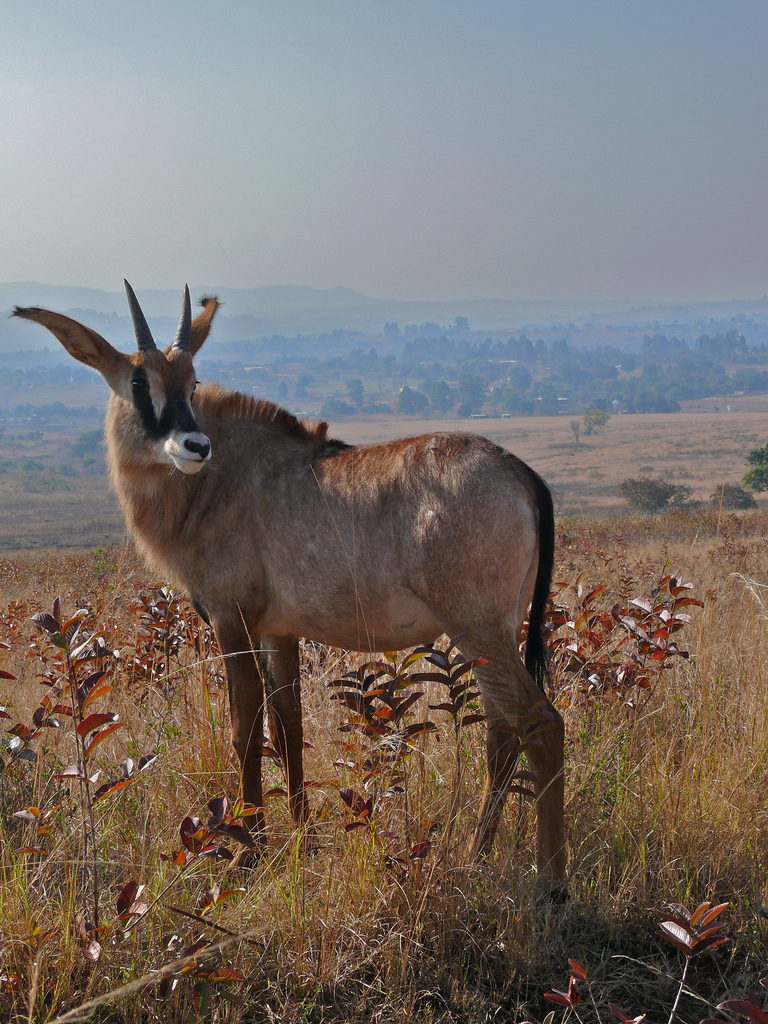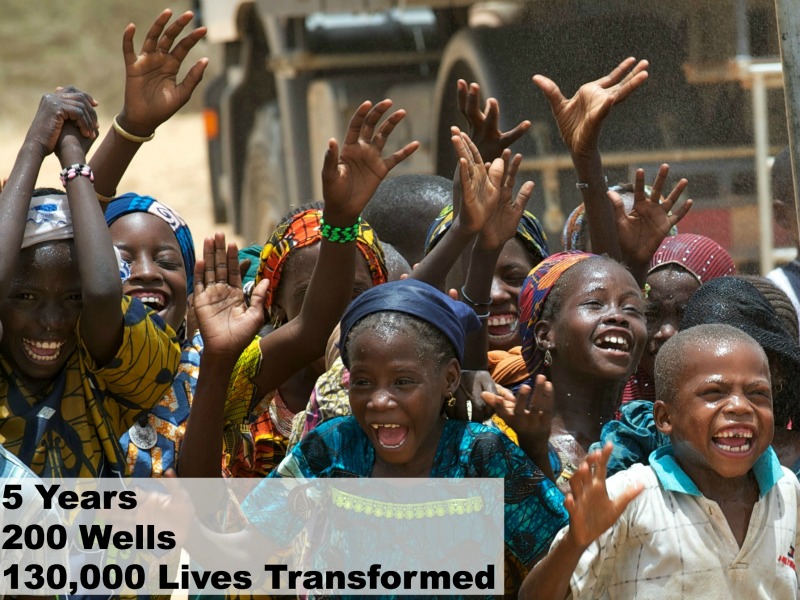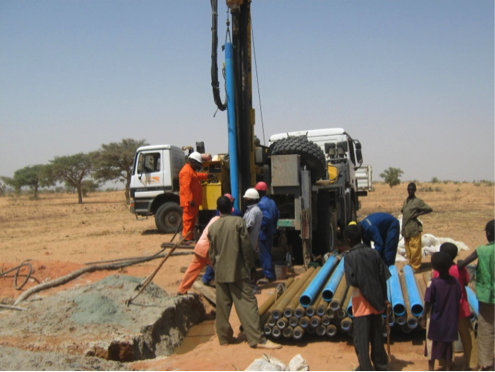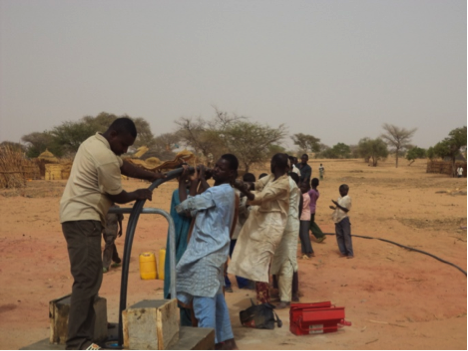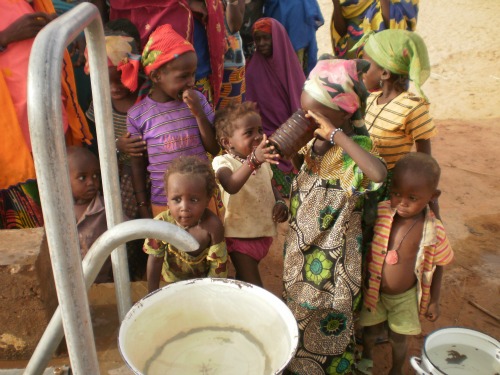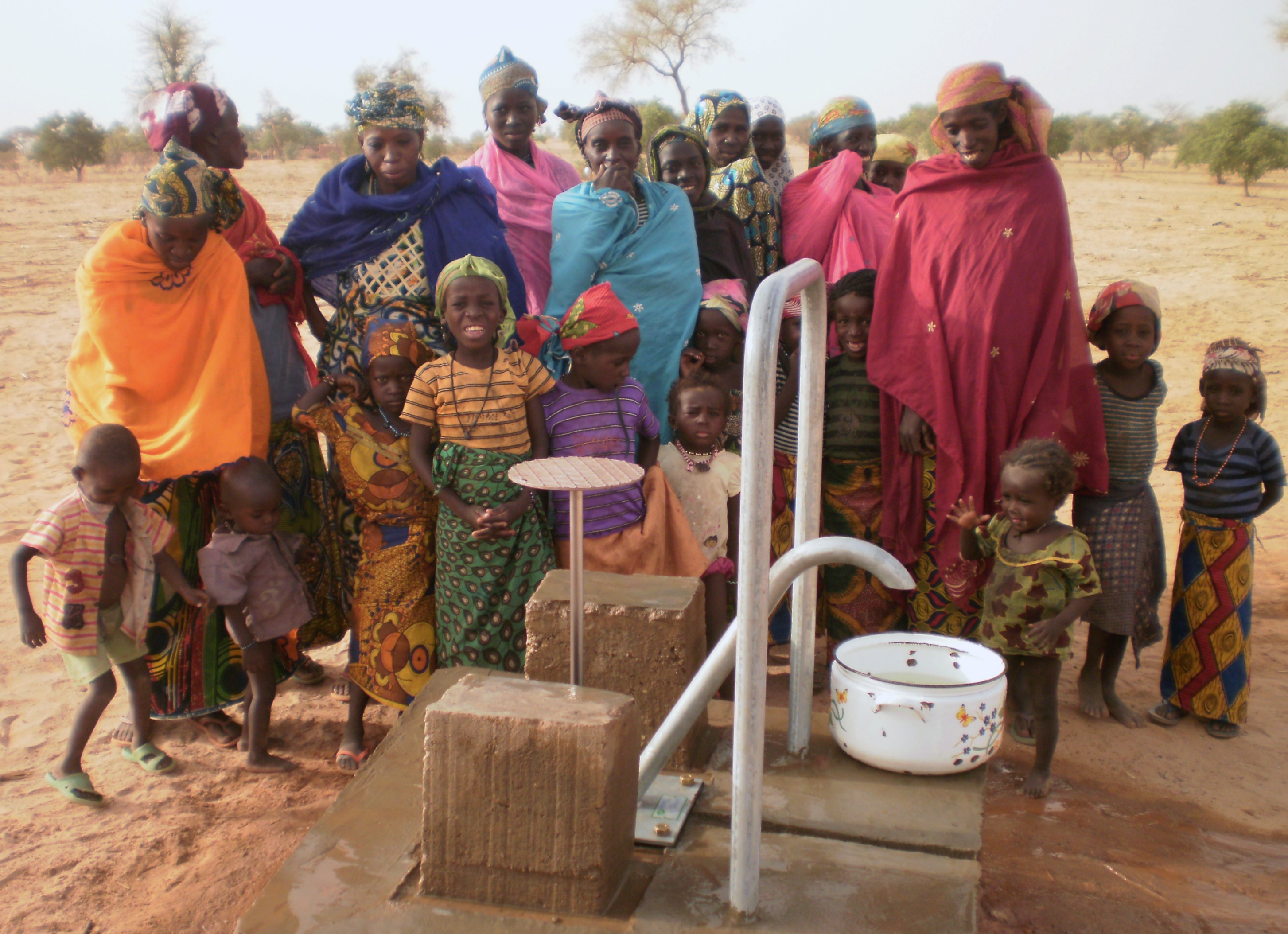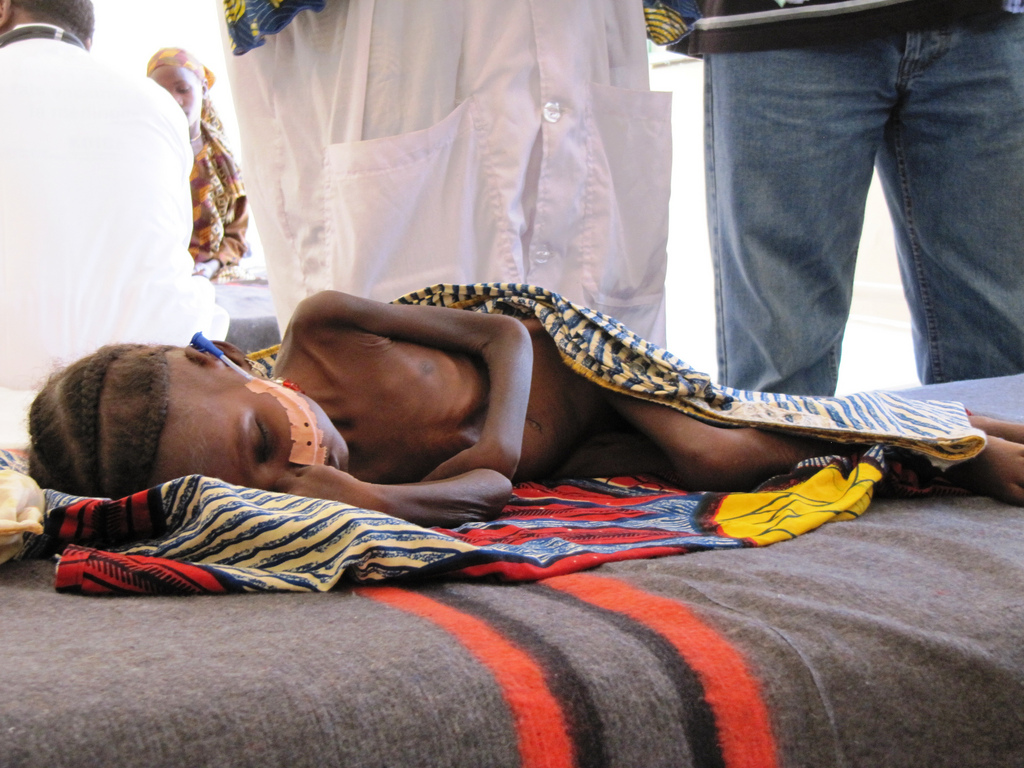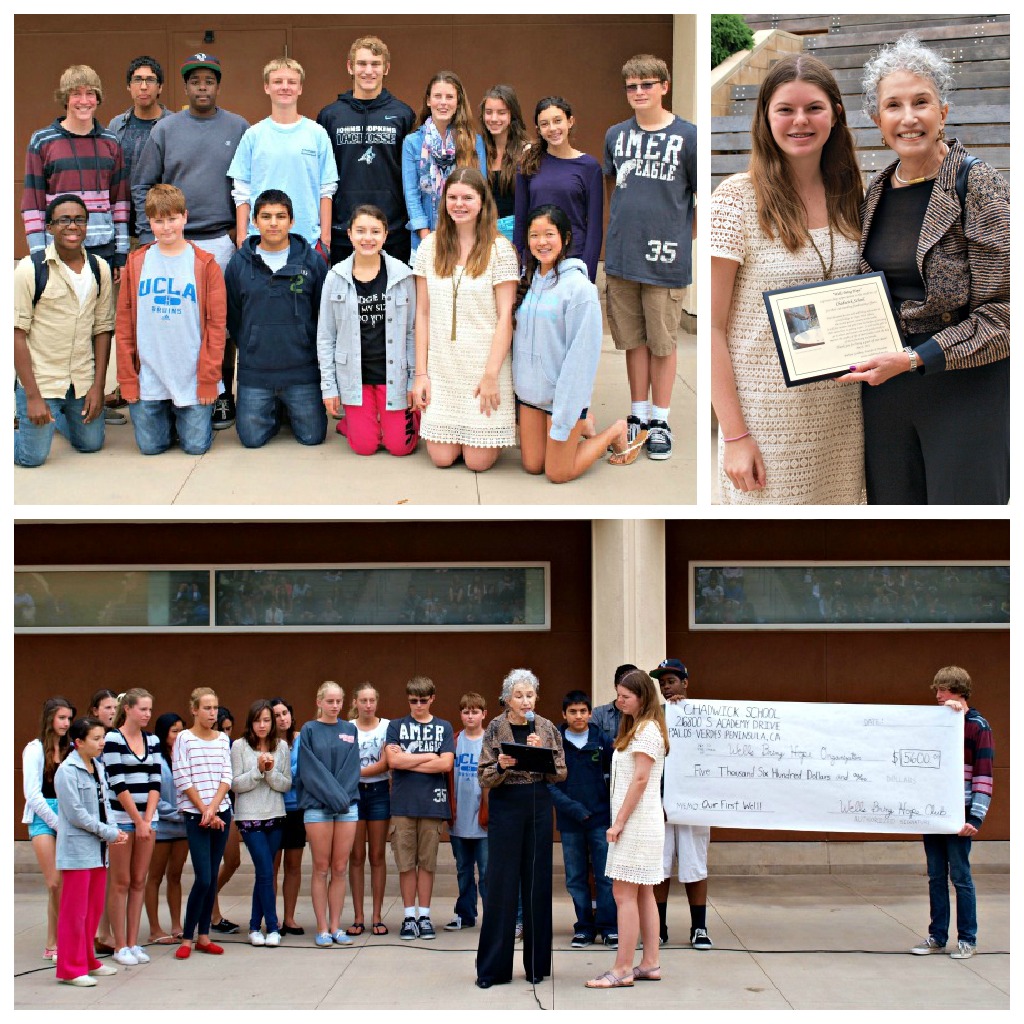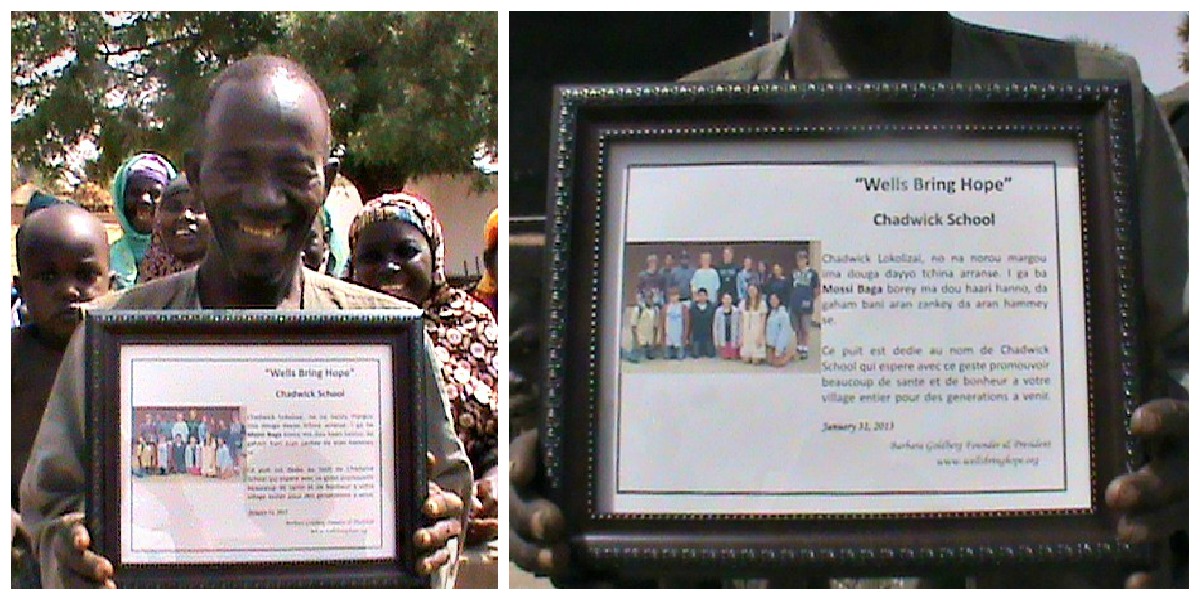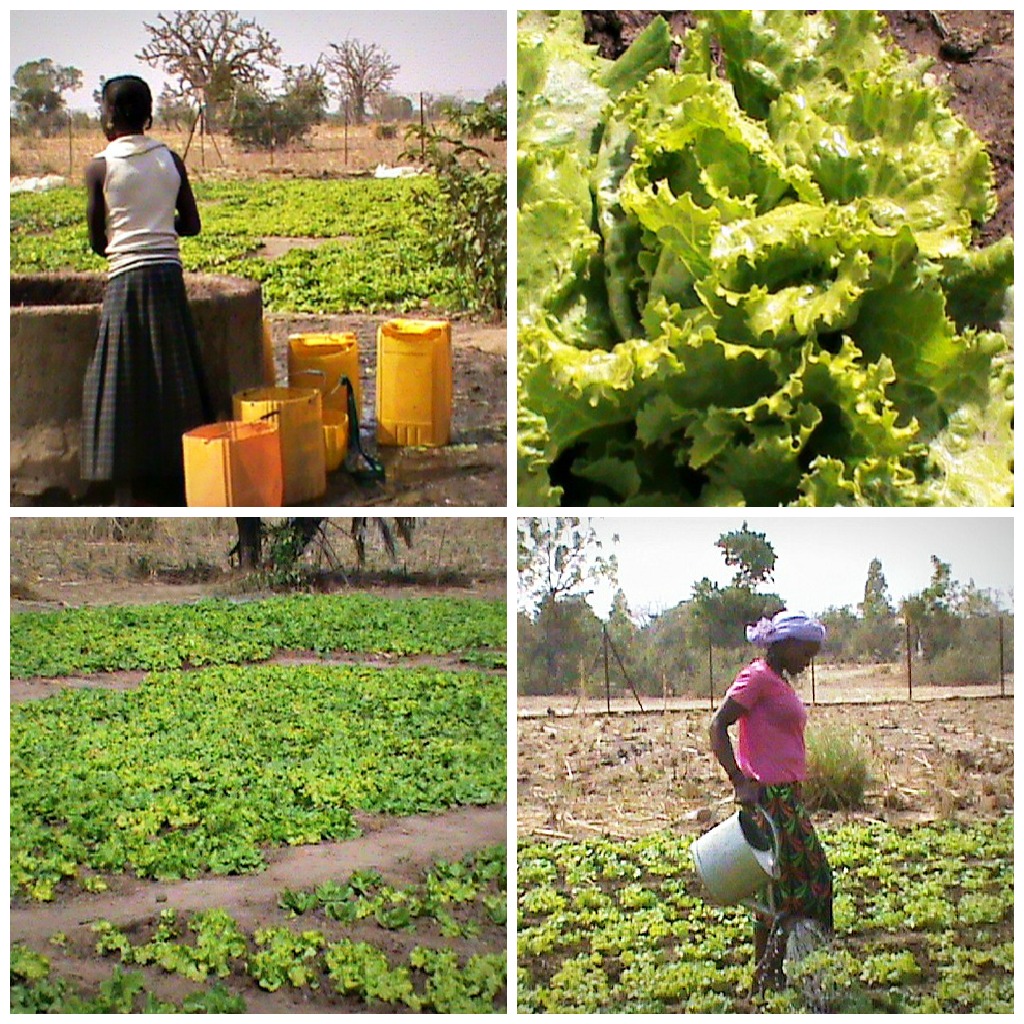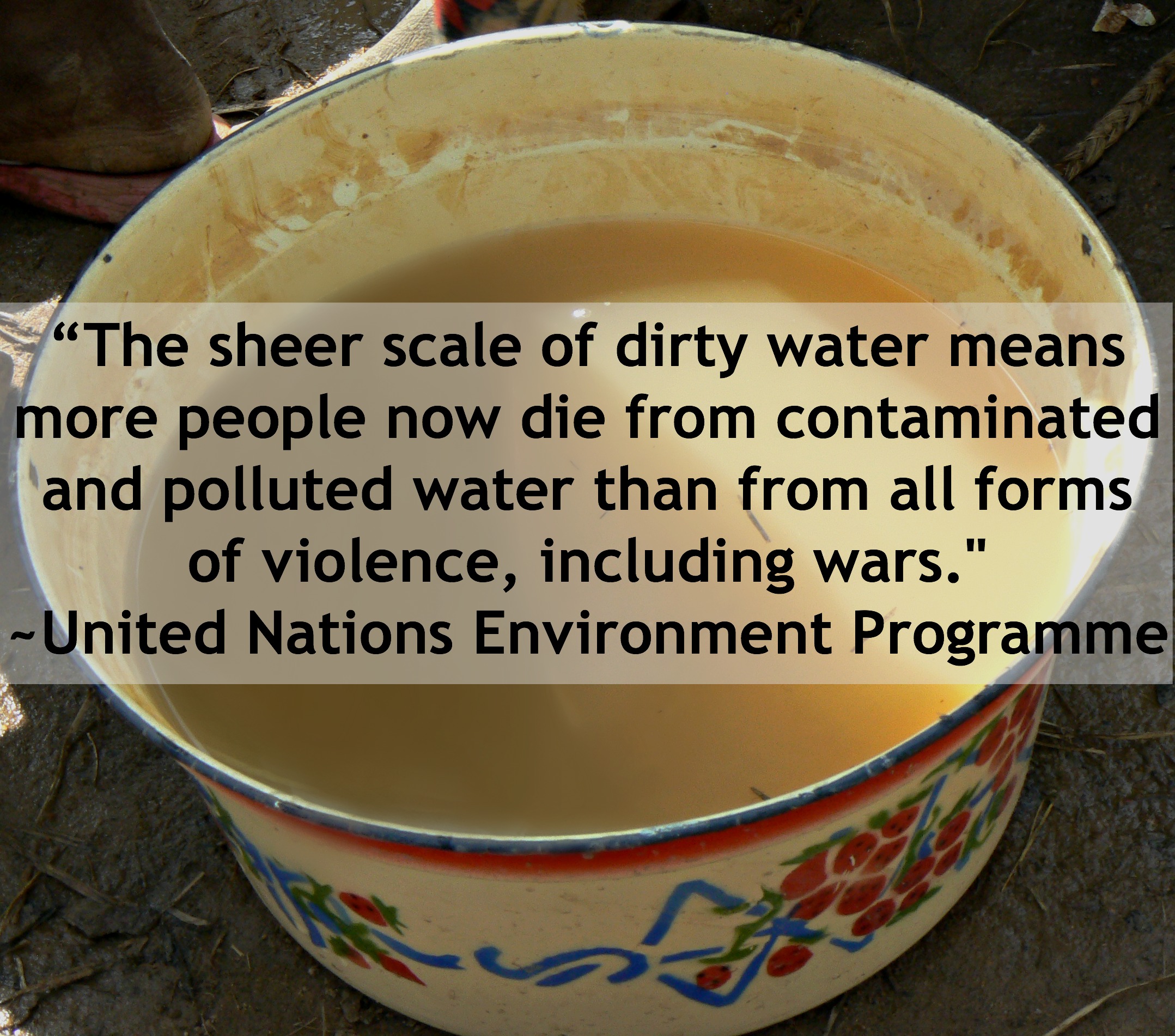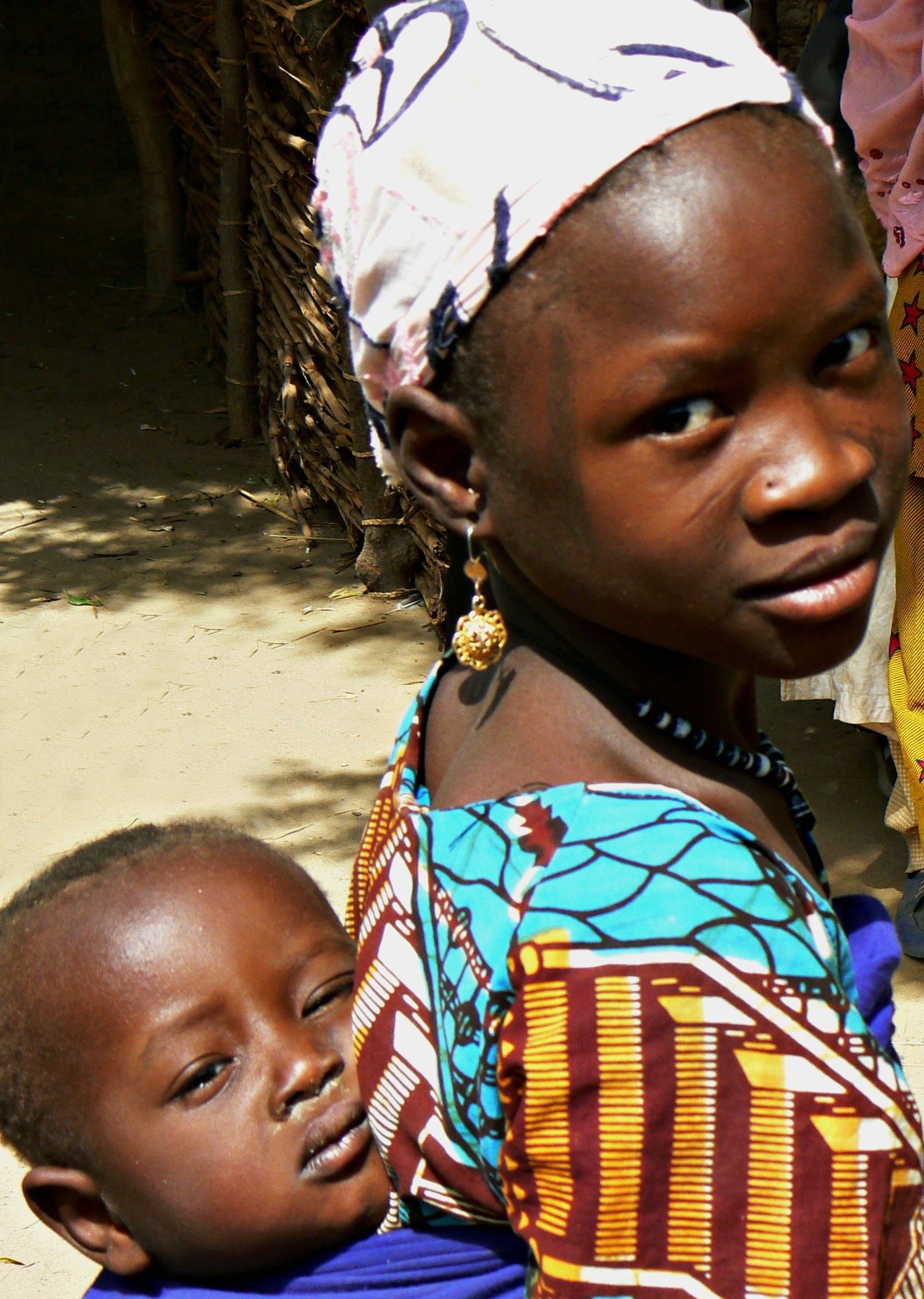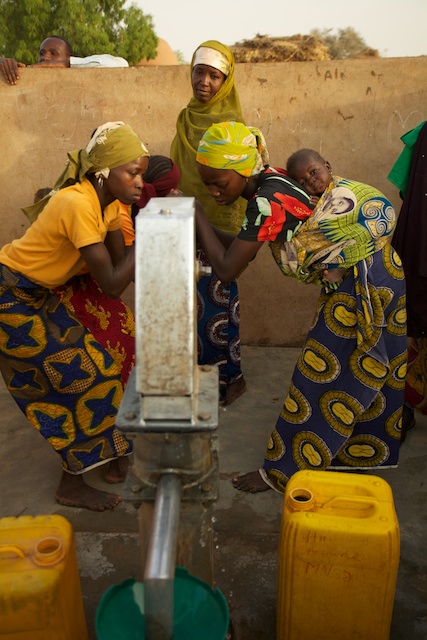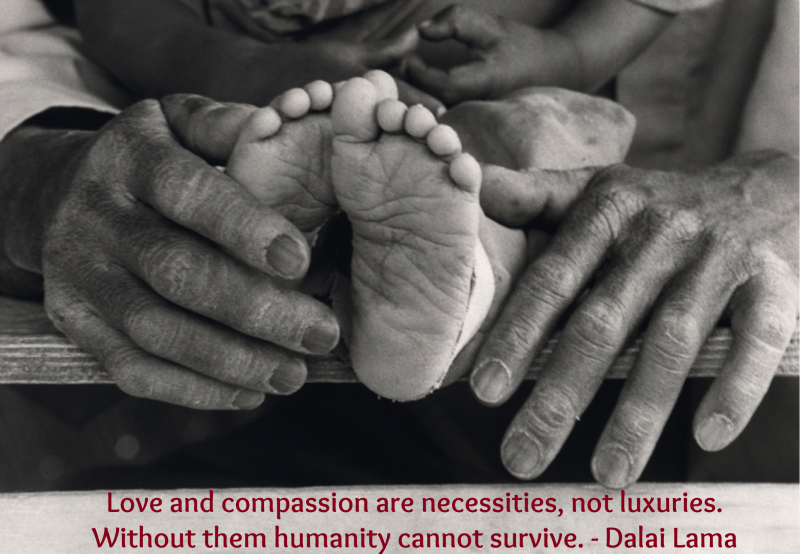by Lauren Cohen
Sometimes dreams and reality become blurred. Some dreams are so real, that you have to sit there and actually think about whether the events in the dream actually happened or if they were simply dreamt up. The events and the characters just seem so plausible that you really cannot differentiate between reality and dreams. Often, when life seems too good to be true, we like to say that life is a dream. Sometimes our nightmares generate this feeling, and we are flooded with relief when we wake up and realize that none of it was real.
However, for some, it is their reality that is a nightmare.
How would you feel as a parent if you were relieved to offer your fifteen-year-old daughter up to an older man for marriage because that would mean one less mouth to feed?
 |
| {source: Focx Photography} |
Imagine living with the constant worry that your child could die at any moment. After all, just about everyone you know has had to bear the death of a child.
These are realities of the people of Niger.
When I was fifteen years old, my reality consisted of online socializing and going to the mall with my friends. I never had to worry about being a burden to my family because I was one more mouth to feed.
Niger is one of the most impoverished countries in the world, and every day people struggle with the very same things we Americans take for granted: access to food and clean drinking water. People in Niger, particularly children, deal with health concerns related to unsafe water on a regular basis, and overall the country has the fourth worst child mortality rate in the world.
 |
| {source: Teuseum} |
In June of 2010, Nigerien officials estimated that approximately one out of every six children was, or would soon be, suffering from malnutrition. Malnutrition is worsened when children lack access to safe water since contaminated water often leads to diarrhea, which makes it impossible for children to hold onto the nutrients that they ingest.
The answer to these problems seems so simple: send food from wealthy countries to Niger and - boom - instant health. Or better yet, teach the people how to obtain their own food because if you give a man a fish, he'll have dinner for one night, but if you teach a man how to fish, he'll have dinner for a lifetime. Unfortunately, it's not that simple.
Here are the many factors that BBC News cites as contributing to malnutrition in Niger:
· A failed harvest, which has undermined the gains of last year
· Years of drought which have left many families in debt
· A sharp spike in food prices at the market, blamed on a combination of oil politics in neighboring Nigeria, speculation by traders, poor market integration and a lack of infrastructure
· Regional insecurity, with a rebellion to the north in Mali and an insurgency to the south in northern Nigeria, leading to unexpected population movements in a fragile region that can't cope with such abrupt changes
· A lack of education which results, for example, in mothers giving their babies dirty water to supplement breast milk, leading to diarrhea -- one of the quickest paths to severe malnutrition
· Chronic poverty, which means poor basic health care, leaving children vulnerable to disease
· Population growth
· Child marriages, which can result in premature or stunted babies and frail mothers
· Climate change and desertification
Fortunately, despite the many risk factors, child mortality rates in Niger are dropping every day. When Wells Bring Hope began working in Niger in 2008, 1 out of 4 children died before his fifth birthday, today that number has dropped to 1 out of 7.
 |
| {source: babasteve} |
Although it's great to see progress, that's all it is: progress. These numbers need to keep dropping, change must continue and the only way to create this change, is for YOU to step in and make a difference. Gandhi once said, "We need not wait to see what others do." So, instead of waiting for others to make a change, make one yourself. Step in and help repair this world. I know I will.
